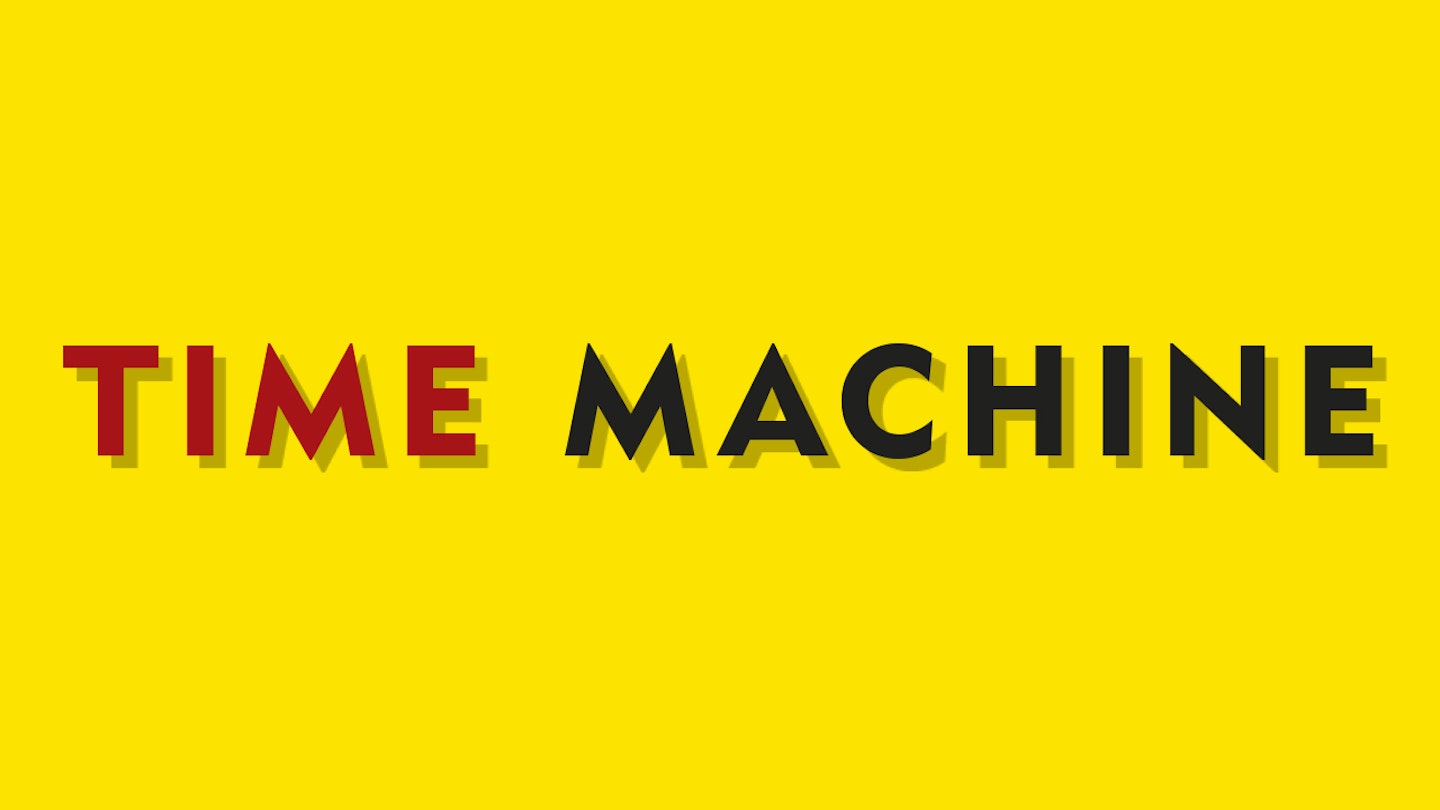9 November, 1957
It was the date of the great breakthrough for America’s minor labels. For the first time ever, the Top 6 singles in Billboard’s US pop charts were identical to the Top 6 in the paper’s R&B listings.
RCA Records, a major, still ruled the roost thanks to the phenomenon that was Elvis Presley, who’d had eight records in the Top 30 all at the same time earlier that month.
But now, in the wake of his all-conquering chart-topper, Jailhouse Rock, came this eclectic countdown: The Everly Brothers’ Wake Up Little Susie (2), Sam Cooke’s You Send Me (3), The Rays’ Silhouettes (4), Ricky Nelson’s Be-Bop Baby (5) and Jimmie Rodgers’ Honeycomb (6), all released on small labels operating outside the majors’ jurisdiction. The November 4 edition of US trade paper Billboard, noting that the number of record distributors had risen by nearly 30 per cent in the past five years, commented: “While the independent distributors have for years been scoffed at as nonentities by the major companies, there are few industry executives who treat the indies lightly today.”
Rock'n'Roll's First Hit...
The most spectacular rise was attributed to the Cosnat chain, which had established distribution centres in New York, New Jersey, Detroit, Cleveland and Philadelphia, five markets that, alone, represented a third of the total record industry market potential. The company’s president, Jerry Blaine, was a one- time big band leader who became owner of the Natural and Jubilee record labels: he signed The Orioles, whose It’s Too Soon To Know reached the Number 1 spot on the R&B charts in 1948 and was hailed as the first rock’n’roll hit.
This surge of independent growth was, of course, also linked to the payola activities of DJ Alan Freed, who lived in a house secured by mortgages held by Blaine and notorious Roulette Records boss Morris Levy. Blaine later admitted to bribery being a considerable part of indie label success, claiming, “at least we knew what records were being played – and if the record didn’t have it, then we got off the record.”
Jimmie Rodgers, whose Honeycomb figured in that November Top 6, was one of Levy’s Roulette artists, and also appeared on Freed’s eight-day Third Anniversary Show at the Brooklyn Paramount the previous April, which additionally featured Levy act The Cleftones. For Rodgers, million-seller Honeycomb sparked a career-spanning 25 chart hits, most of them folk-oriented.
"I wanted a quick 64 dollars to buy hamburgers."
Phil Everley
At three were New York doo-woppers The Rays, who recorded for the Philadelphia- based XYZ label.
The story goes that local DJ, Hy Lit, fell asleep while listening to the song on repeat, and felt moved to plug it on his show next day, resulting in a stupendous reaction from listeners.
Meanwhile, Sam Cooke’s You Send Me – a song written by Sam but credited to his brother, L.C. Cook – was his debut single for Keen, an LA indie. The Everly Brothers had earlier recorded for a major, Columbia Records, but had proved a flop. Wake Up Little Susie was their second single for bandleader Archie Bleyer’s New York-based Cadence label. Completely broke, they’d recorded their first, Bye Bye Love, purely to grab the session fee. “I wanted a quick 64 dollars to buy some hamburgers,” recalled Phil Everly. Bye Bye Love bought a lot of burgers, but Wake Up Little Susie equated to the whole McDonald’s, selling two a half million and eventually reaching Number 1 on both sides of the Atlantic.
The final indie Top 6 release was Ricky Nelson’s Be-Bop Baby. Like the Everlys, Nelson, a true teen idol, had previously set down markers with an established label, Verve. He then signed to Lew Chudd’s New Orleans-based Imperial Records, essentially an R&B label. The liaison seemed unlikely but the switch worked and Nelson’s debut single for the label set him off on a virtual non-stop run of hits that extended until 1963, when he switched to Decca.
Business was good for the small labels, and it was going to get better. It was estimated that independents were responsible for just five of the 168 singles, around three per cent, that went Top 10 between 1946-52. But they would be responsible for 101 out of 147 Top 10 hits released between 1955-59 – almost 70 per cent. Eventually, many of the independents were taken over and became part of large entertainment conglomerates, but the corporate record business had learned a valuable lesson from their maverick junior competitors. In the increasingly cut-throat, thrill-hungry pop singles market, small was not only beautiful – it paid as well.
